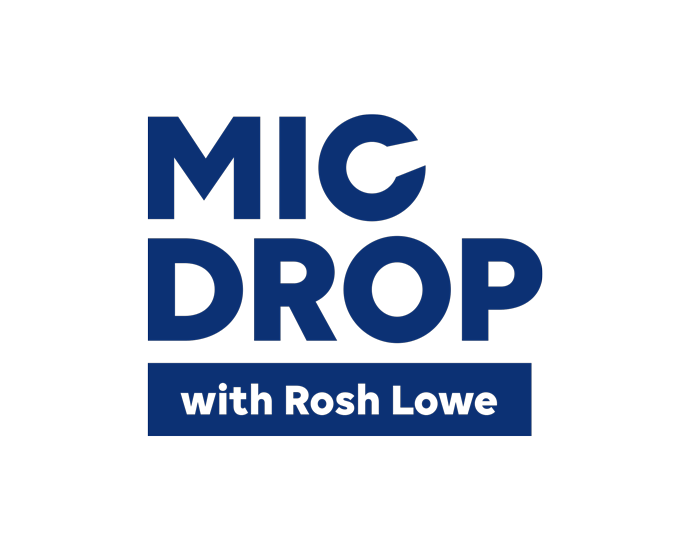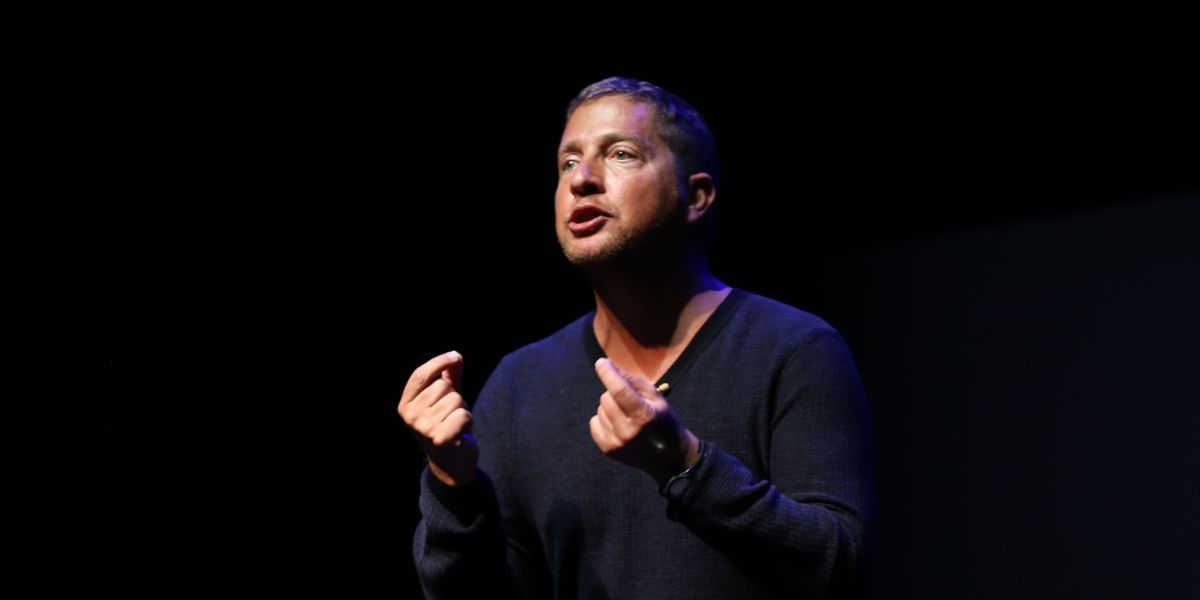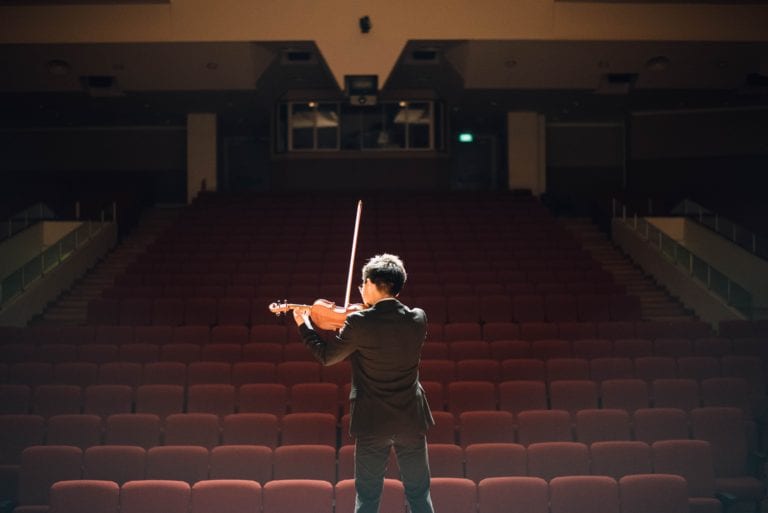By Rosh Lowe
I am one of five boys. My father was determined to have one of his children fulfill his dreams of stepping foot on a Broadway stage. He was a frustrated performer. I think it was by default that my father took me, at the age of nine, to an open audition for a Midsummer’s Night Dream at the Public Theater. I was the only one of his children who could sing on key! I walked into that audition on Lafayette Street and I had no idea what to expect. I noticed a huge crowd of children who looked just like me. My first thought, “How am I going to stand out?” What makes me different?”
“Don’t worry Roshi, have confidence,” said my dad.
You matter. That was my father’s message. I had to fake it at first. I forced a smile on my face as the casting director walked by me. He wanted to see focus, charm, but most all presence. Presence begins with self -confidence.
I was cast in the show.
This search for self -confidence was heightened by a search for meaning. My second show was the 1983 Broadway production of “Mame”, the story of a young boy, Patrick Dennis, who moved to New York to live with his Auntie Mame. The show was very forward-thinking. It was written in the 1960s, Mame was a unique character, she had all sorts of people in her home and it was a lesson in the beauty of diversity and understanding.
“It’s today”
Mame introduced herself to Patrick singing a life-affirming song, “This very minute has history in it,” she sings, “It’s today.” Mame was Patrick’s teacher, as well as his Aunt.
“Open a new window, open a new door travel a new highway that’s never been tried before, before you find you’re a dull fellow punching the same clock walking the same tightrope as everyone on the block.”
Auntie Mame taught me the power of individuality and the sanctity of the moment. Don’t waste the day.
I learned about the importance of meaning in my next Broadway show “Nine,” an examination of fame fortune, sex, and the search for purpose. The-musical centered around one man and his tortured journey to find happiness.
“Time to go off on your own” he tells his nine- year old self. “You belong in your mother’s arms.” We all arrive at those moments in life when we need to leave the child behind and focus on the things that matter.
The theater was my classroom where I learned the core of life’s lessons.
I played John Henry West in “Member of the Wedding.” John Henry’s sister Frankie wanted desperately to be a part of her brother’s wedding. “I love the two of them so much because they are the we of me, “she said. The “we of me,” brilliant words written by Carson McCullers that summed up the search for meaning, of belonging and fitting in.
So enjoy the moment, be an adult and find your purpose, belong to something greater, those were the themes drilled into my head. I looked at the world differently. Most children my age were watching cartoons on Saturday mornings. I was getting into character. But it was more than just a performance, it was a daily journey into the deeper meaning of life.
It was very hard when my career was halted by acne and a changing voice. I became a victim of age. I was washed up when I was thirteen years old. This magic was stripped away and I somehow had to adjust to normal living- sports, little league, touch football. I no longer had the safety net of the theater.
I survived my remaining years of high school and fled to California to make a new start. I attended a small liberal arts college in Los Angeles and started to revive my acting career.
I had no way to earn a living but was comforted with a romantic vision that I would somehow use my talents to help others. I wanted to help people in pain just like my dad. I didn’t have the mind for science, I still wanted to be on the stage. But my theater days were clearly over. So I took the next logical step- I applied for journalism school. I wanted to be a television news reporter. It satisfied every desire, I could still perform and I could help thousands of people.
I ventured off to the Columbia School of Journalism where I learned that everyone has a story.
“Stories are about people,” my professor told me. It was something I never forgot. Stories are not just about the facts and figures. Stories are about personal connections and the deeper layer beyond the obvious.
My first job out of journalism school was working at a small cable station in Naples Florida. It wasn’t long before I was immersed in the underbelly of local news. A Collier County lieutenant shot a Collier County sergeant who was sleeping with his wife. He killed them both. The carnage was disturbing. White body bags were covered in blood, carried away and stuffed in the back of the Medical Examiner’s truck. The doors to the truck closed and my mind opened. It ventured back to the theater and the quest for meaning.
I knew there was a simple choice. I could lead my life as if nothing had meaning or I could look for the meaning in everything. I decided to settle upon the latter. And I needed this. I covered everything from murdered infants, rapes, molestations-the absolute darkest part of human nature.
I was immersed in these stories on a very personal level.
“Rosh you need to get the interview.” That was my mission every day. I cold-called people often in the worst possible moments of their lives and had to convince them to bare their souls and go on television and allow everyone else in on their pain. These people were not going to talk to me if I bombarded them with questions. I learned how to listen. A good interviewer finds a connection. I also learned how to bring in personal stories from my own life to connect with my interview subjects. I was taught great lessons in empathy.
The Micdrop method was born in those early days of reporting. Good journalists know how to connect. Compassion, vulnerability, and emotion are your most valuable connective devices.
Micdrop is more than a public speaking method. It is the gift of connection. A gift that for me was unwrapped at eight years old on the stage. I needed that gift as a reporter, often covering heartbreak. I needed it to find meaning in my own life. And now I want to share it with you.
My Search For Meaning




